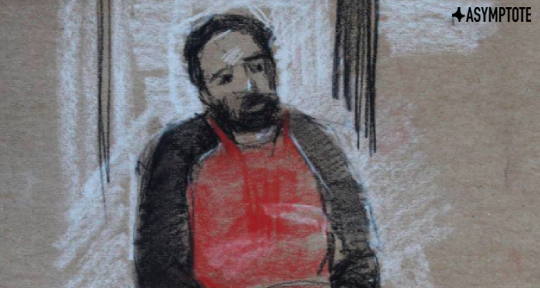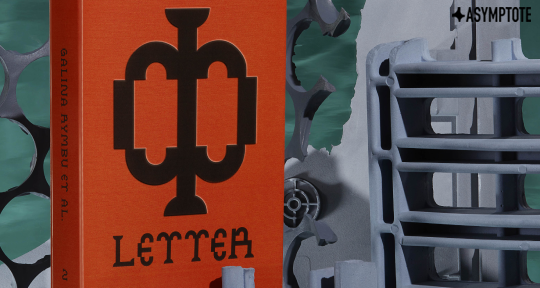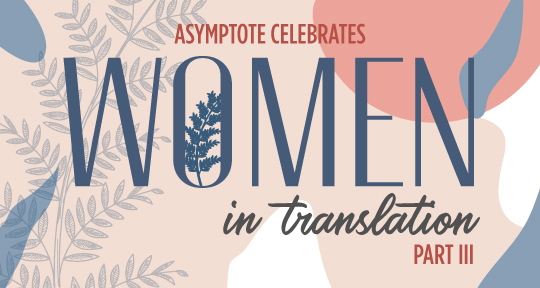Historicising tongzhi wenxue, or gay literature, in Queer Taiwanese Literature (2021), Howard Chiang finds the origins of this political and literary movement in the “changing sexual configurations of the post-WWII era and the militancy and vibrancy of tongzhi 同志 activism in the 1990s.” Since its origins, the writers and texts of this subgenre have been prolific and varied, from avant-garde politico-cultural magazines such as Daoyu bianyuan (Isle Margin) to Qiu Miaojin’s Notes of a Crocodile, Tsao Li-chuan’s The Maiden’s Dance, and Chu Tien-wen’s Notes of a Desolate Man. But what can be considered as the movement’s foundational text is Decapitated Poetry by Ko-hua Chen, a writer, visual artist, and critic who came out of the closet in that historical decade, making him Taiwan’s first openly gay—or tongzhi—writer. With more than thirty books and a body of work that span from poetry, film criticism, novels, paintings, scripts, photographs, and song lyrics, he merges in writing the thematics of Buddhist philosophical thought, science fiction, and porous queer masculinities. Chen, like his tongzhi writer-contemporaries, is living proof of a literature that has been tested by time, fortified by the activism of its believers, and has withstood the police brutality of the state and the skewed conservatism of religious groups. Decapitated Poetry came out in its Chinese original in 1995, and was published last April by Seagull Books in English translation by Colin Bramwell and Taiwanese anthologist, poet, and scholar Wen-chi Li.
In this interview, I asked Wen-chi about the history of tongzhi literature, the diverse Sino-specific gendered identities of Taiwan, the dynamics of co-translating Chen’s poetry collection, and the post-Sinophone/Japanophone futures of contemporary Taiwanese literature.
Alton Melvar M Dapanas (AMMD): In the introduction to Decapitated Poetry, you and co-translator Colin Bramwell “felt that it was important to give a sense of the broadness of Chen’s output as a writer,” referring to the poet’s transcending beyond the corporeal-cerebral binary. Can you speak further about your experience in co-translating the aesthetic and thematic expanse of Chen’s oeuvre? How was the selection process of the poems in this collection?
Wen-chi Li (WCL): When we submitted a translation sample to Seagull Books, we originally chose Chen’s work “Notes on a Planet,” which was composed from 1978 to 1980. One of the editors, Bishan Samaddar, replied to us that he was searching for “explicit poetry” for the Pride List series, and this queer sci-fi might be too lyrical and spiritual. I said to Colin that we could then instead directly focus on the works in Decapitated Poetry. The text was a milestone in queer Taiwanese literature, the first to intentionally expose homosexual lewdness and muscle love in Sinophone communities. We thought its English collection should provide a broad view of Chen’s eroticism, so later works like “Body Poems” were also included in the compilation—but we still could not forget the glamour of “Notes on a Planet,” which intertwines topics of gay exploration and posthumanism in the form of lyrical epic (something so unique in world literature). Colin also thought that putting “Notes on a Planet” in the last part of the English collection created an upward scale from concupiscence to otherworldliness, from corporeality to spirituality. The English collection harmoniously combines such opposite elements. READ MORE…












